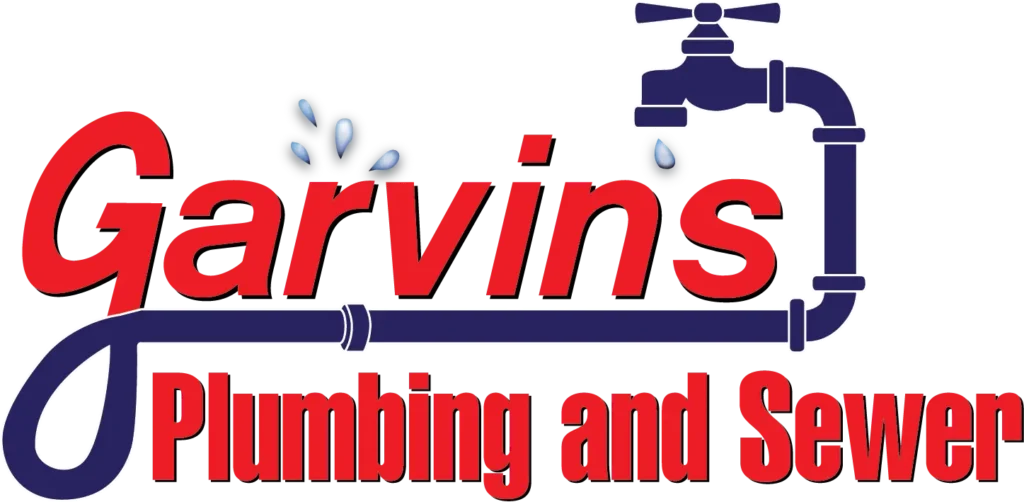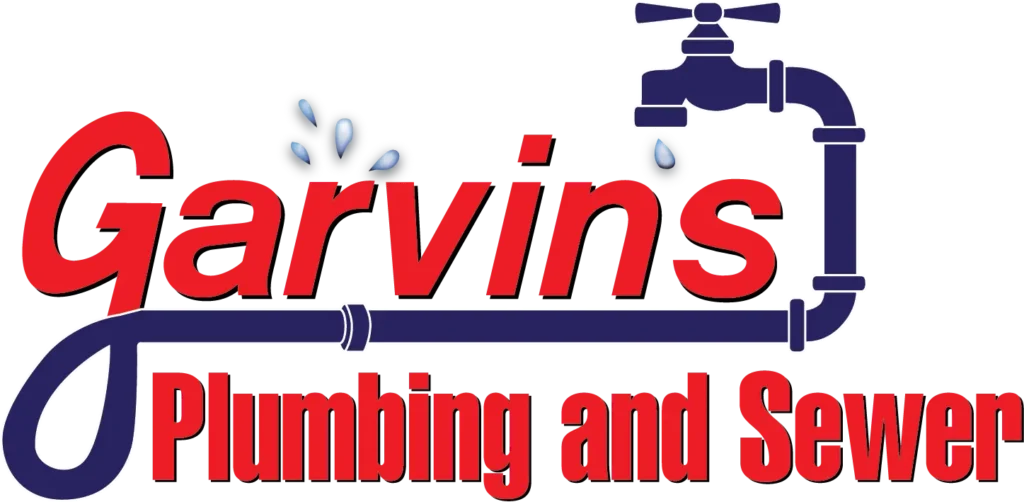Garvin’s Keeps Your Englewood Drains Clear
Few things are more inconvenient than a clogged drain in your home. It doesn’t matter if the issue is happening in the bathroom or kitchen — a clogged drain can be a massive drain on your day.
Here’s the good news — cleaning a clogged drain is a common service plumbing companies provide. If you need a drain cleaning, contact Garvin’s Plumbing and Sewer today. We’re the Englewood, CO, plumbers you can trust.
Common Plumbing Drain Clog Causes
Whether it’s a drain that clogs all the time or one that’s clogged up for the first time, the cause is usually the same — hair. Your shower is especially susceptible to hair clogs, but don’t rule out hair as the cause of your bathroom sink clogs, as well. Hair isn’t the only cause of inefficient drainage, though.

Here are a few of the other most common reasons:
- Incorrect installation or layout of pipes
- Soap scum residue
- Food and grease solidification
- Scale buildup from hard water
- “Flushable” wipes
- Flushing too much toilet paper
- Tree root damage in outside drains and sewer lines
Most of these issues are correctable through habit and behavior. Installing a hair catcher in your shower, avoiding putting anything down the toilet that isn’t supposed to go there (including so-called flushable wipes) and being smart with what you send down the kitchen sink can go a long way to preventing clogs in your home.
Signs You Have A Clogged Drain
The most obvious sign that a clog is forming is water collecting quickly in your sink or tub or taking a long time to drain. However, this can also be an indicator of a bigger and more serious issue.
Not all clogs may require a plumber, but here are some of the biggest signs that it’s time to call in the professionals:
- Strong smells — Foul odors are a sign of a severe buildup or clog.
- Bubbles in toilet water — Any time the water in your toilet is bubbling, that means the air is likely having to reroute around a clog.
- Water backups — If water is backed up to the point of releasing through other drains, something is causing that.
If you’re experiencing this, call a Garvin’s plumber quickly to get the issue under control with the least amount of damage possible, and learn about our hydrojetting services.

Drain Cleaning Services In Englewood
Broomfield and Englewood’s clay-rich soils are prone to shifting throughout the year. This movement occurs from changes in moisture content and varying weather conditions. When shifting occurs, it can loosen seals and inflict wear on sewer line pipes. Since your drainage system connects to your sewer line, dirt and debris can infiltrate the pipes and form clogs in your plumbing fixtures.
Some homeowners consider a clogged fixture a problem they can solve on their own with store-bought drain cleaners. However, many cleaners are full of harmful chemicals. They can cause even more issues with your pipes in the future. It’s better to be safe than sorry — choose Garvin’s for professional cleaning services that protect the integrity of your plumbing system.
No matter what’s causing your fixture to clog, our team is here to fix it! The professional plumbers at Garvin’s can handle all clogs — big or small — and get your drainage system back to working order.
Garvin’s DIY Drain Cleaning Tips
For clogs that require a quick fix, a few “do-it-yourself” methods serve as a reliable solution. Here are some DIY tips for unclogging your household drains:
- Pour a half-and-half mixture of baking soda and vinegar down the drain.
- Use a plunger to dislodge buildup.
- Pour hot water — not boiling — down the drain to loosen debris.
- Use an ounce of dish soap followed by hot water to displace clogs.
These methods often work on smaller blockages, such as minor sink buildup or clogged toilets. For fixtures that require a more in-depth fix, Garvin’s is here to provide trusted unclogging services. You can count on us to restore your plumbing system back to excellent condition with our professional clog removal methods.
Schedule Drain Unclogging Services With Garvin’s Plumbing And Sewer
Here at Garvin’s Plumbing and Sewer, we provide top-notch customer service and excellent workmanship. When you go with a professional for drain cleaning services, you can rest easy knowing the problem will be fixed quickly and correctly.
Contact Garvin’s today to schedule an appointment. We’ll have those clogs cleared out before you know it.

More Drains

Set Your Garvin's Plumbing Location
Broomfield, CO
Broomfield, CO 80020
Englewood, CO
Englewood, CO 80110






